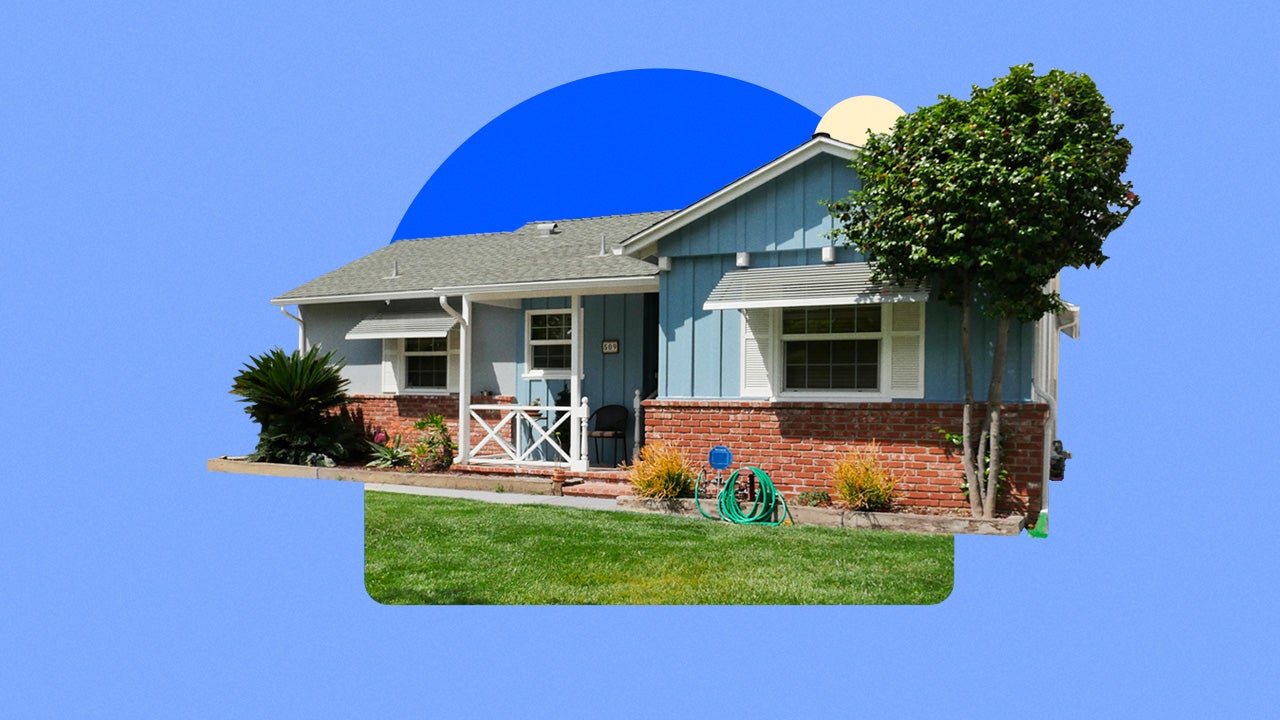What is hypothecation?

Key takeaways
- Hypothecation means offering an asset as collateral to back a loan. If you default on the debt, the lender can take the asset to recoup their money.
- Common uses for hypothecation include mortgages, auto loans and investment margin accounts.
- It’s crucial to prioritize payments on any hypothecated loans and, if you can’t make them, to contact the lender as soon as possible to avoid losing your asset.
What is hypothecation?
Hypothecation refers to the process of using something as collateral for a loan. It’s the way the lender protects itself if the borrower doesn’t repay the money or violates the loan agreement.
With hypothecation, you agree to let an asset that you own be used to secure — that is, back – the loan. Nothing literally changes about the asset: You maintain full possession and use of it. The lender doesn’t receive any ownership benefit or privileges from it. But it does have a right to the asset only if you default on the debt or fail to live up to the loan terms in some other major way.
Often, the asset in question is the thing you’re borrowing the money for. With an auto loan, for example, you agree that your car is used as collateral for the money to buy the car. You get possession of the car, but if you can’t repay the loan, your lender can repossess it.
Hypothecation isn’t part of every type of financing. It only applies to secured loans. For instance, you won’t see it with most personal loans since they’re usually unsecured. When you get a new credit card, there’s no hypothecation, meaning these lines of credit aren’t secured and you don’t have to put anything up to back them.
Types of hypothecation agreements
Hypothecation comes into play with several different types of consumer financing.
Hypothecation in mortgages
Hypothecation is a common feature of mortgages. When you take out one of these loans to buy your home — instead of paying out-of-pocket for it — your home serves as collateral for the debt. Even though you’re going to be the homeowner, your lender is the one loaning you the cash to make the purchase happen. And they want recourse if you don’t repay them. As a result, the loan comes with hypothecation, meaning if you don’t hold up your end of the contract, your lender could take your home.
The hypothecation definition we’ve laid out usually applies to other sorts of home-related financing, too. Hypothecation plays a role in second mortgages like home equity lines of credit (HELOCs) or home equity loans. You’re borrowing money based on the equity you have in the property and agreeing to use the home as collateral to access the funds.
Hypothecation in commercial real estate
Commercial real estate often involves a hypothecation loan, meaning some property needs to back the amount borrowed. When you’re buying a commercial property, your lender might ask you to put your home or this property up as collateral.
Similarly, hypothecation can be involved in real estate loans for investment properties. In some cases, lenders might not give you a loan unless you put up several pieces of collateral, such as a rental property or a car, in addition to your primary residence.
Hypothecation in investing
The hypothecation concept can also apply to investing. But it works a bit differently here than it does with mortgages and other loans.
When you borrow from a broker to invest in securities, they hypothecate the funds they lend you: The securities are acting as collateral for the loaned money, in other words. While you do have to repay that loan eventually, that’s not the only thing that can put this asset at risk. Should the value of those securities fall below a certain required amount, you agree to sell the securities, or let the broker sell them, or to make up the difference with fresh funds, in order to pay part of the borrowed money back.This is known as a margin call.
Hypothecation in other loans
While mortgages and home equity loans are the most common places you’ll see hypothecation, it can apply with other types of loans as well, like:
- Auto loans: You agree to use your car, motorcycle, RV or other vehicle as collateral to secure your loan.
- Business loans: If you take out a loan to pay for equipment for your company, you could agree to use that equipment (or perhaps other corporate assets) as collateral for your loan.
Hypothecation pros and cons
Hypothecation can cut two ways. From the borrower’s point of view, what are its advantages and disadvantages?
Pros
- By reducing lender risk, hypothecation makes it easier for borrowers to secure financing.
- Loans secured through hypothecation usually have lower interest rates than unsecured loans.
- There’s no ownership transfer with hypothecation, meaning you keep the asset and the lender can only seize it if you don’t hold up your end of the loan.
Cons
- If you don’t repay what you borrowed, the lender has the right to seize the hypothecated asset.
- Borrowers might prioritize making payments on their hypothecated loan, and let other higher-interest debt (like credit card debt) grow.
- In some instances, the lender might put restrictions on the asset or the loan terms to protect its interests. For example, most mortgages have an alienation clause, which mandates the loan must be repaid in full if the home is sold.
What borrowers should know about hypothecation
Hypothecation is important. It’s part of your formal loan agreement: that if you fail to meet the conditions of the loan — such as making payments on your car or home — your property could get taken to cover those missed payments.
Understanding hypothecation is particularly important when you become a homeowner. Mortgages are hypothecation loans. That means that several consecutive missed mortgage payments can give rights to the lender to foreclose on the home, leaving you with no place to live.
If you’re ever in a financial bind, consider prioritizing bills based on which ones are hypothecated. For instance, you might want to make home and car payments before credit card payments so you don’t lose some valuable assets. While failing to make credit card payments can ruin your credit score and possible lending opportunities in the future, there’s no hypothecation agreement to put anything up as collateral in these contracts.
Hypothecation FAQ
Why we ask for feedback Your feedback helps us improve our content and services. It takes less than a minute to complete.
Your responses are anonymous and will only be used for improving our website.






